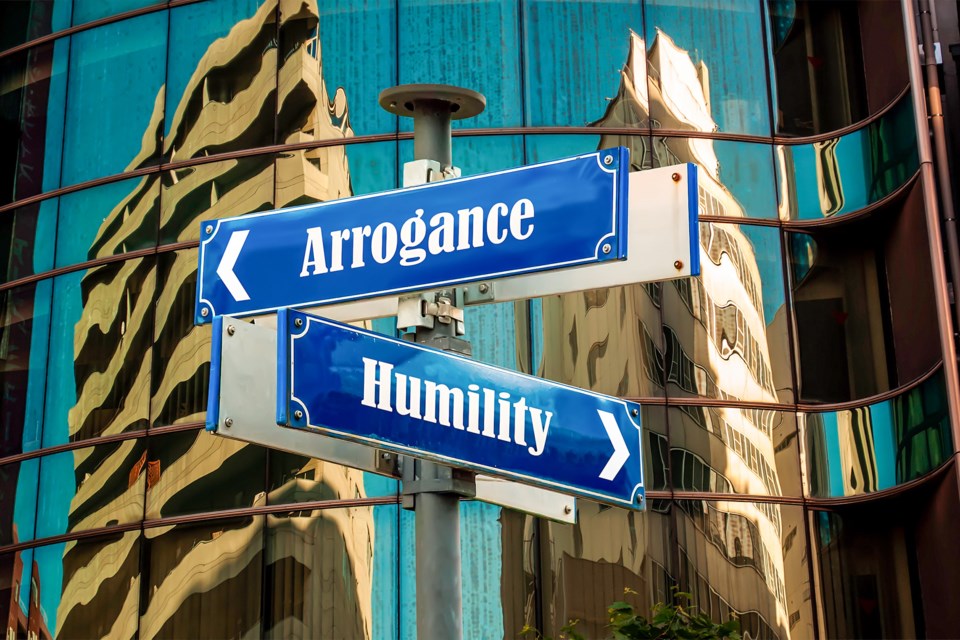The picture of Pope Francis in a voluminous white puffer jacket jolted the religious as well as secular worlds. Within moments of its being posted at the end of March, social media was overrun with opinions. Supporters roared their approval, and opponents lamented yet another example of the pontiff selling out to modernity. Thing is, the photo wasn’t real. It was a deepfake, thereby becoming another reminder of the dangers of artificial intelligence: a fictitious portrayal of a world leader causing disunity among countless people.
These kinds of fabrications are part of what, that same month, led more than a thousand artificial intelligence experts to call for a temporary halt in the development of “giant AI experiments” until the technology can be made trustworthy. If unleashed without proper safeguards, commentators and critics argue, AI systems can destabilize and confuse; and as they learn and adapt and maybe even approach sentience, they could present a threat, perhaps an alternative, to humanity.
Sounds like the stuff of science fiction, but then, in these scenarios, it’s always the nerdy scientist or bumbling philosopher warning the world. “They should have listened!” we say as some calamity wipes away life as we know it. When it comes to AI, some people are listening, though—particularly those in organized religion, with its concern for human individuality, the uniqueness of the soul, and the embrace of a higher power.
Theologians and social commentators worry that a new religion could develop around an extreme reverence for AI. The essence of religion is faith: a leap of commitment to something beyond direct knowledge and a love for that which we can never completely understand. We can read the arguments and be convinced by the logic, but ultimately, we have to embrace that cloud of unknowing.
Not so with AI, where a religious aura could develop around a non-existent figure who appears on our screens and who seems all-knowing and all-understanding: all-knowing because it would have all of the information contained on the internet at its fingertips, all-understanding because your information will be there too—and often far more than you ever thought you had made public.
Is the deification of AI really so impossible?
For the susceptible, instant communication with an entity representing a god, even God himself, could be transformative. And let’s be candid—those seeking certainty in faith can be particularly credulous.
The philosopher Blaise Pascal is said to have written that there is a god-shaped hole in each of us. Not sure if I agree, but the hunger to believe in something beyond the self is real. The New York Times has reported on the “pseudo-sacred industry” and the rise of so-called social divinity consultants who help introduce spiritual practices into tech companies. The massive decline in traditional religious adherence, combined with a craving for some kind of faith, has led many to embrace alien life, new-age offerings, and dangerous cults.
What can’t be provided, at least for the moment, is genuine personal contact and pastoral outreach. A great deal of the work of a priest is simple presence: being still and silent a few feet away from someone who is experiencing visceral grief or is in wounded need. But what we found during the pandemic-imposed Zoom years is that screen solidarity, while never quite the same thing as actually being there, was a good substitute. Now imagine an onscreen cleric on call, day or night, able to listen and respond and able to assimilate individual experiences and respond accordingly.
My belief as an Anglican priest is that I’ve been given authority by my bishop through what we refer to as the apostolic succession. That enables me to call on the Holy Spirit during the Eucharistic service when I pray over the bread and wine. A layperson can’t do this, even a deacon can’t do this, and certainly not a non-human system. But maybe the lack of association with any organized worship works in AI’s favour. The technology would be a blank slate: an absence of malice, no history of harm.
Beyond all of this, however, is something more radical: the secular worship of AI itself. The idea, promoted by some techno-utopians, that such systems can solve any issue is maybe what we should really be fearing. Perhaps fantasy or foolishness gone wild, perhaps not. “Convince me it’s AI generated,” said one person on Twitter after the pope’s puffer coat revelation. If only it would stop at a pontiff in a fashionable white coat.

